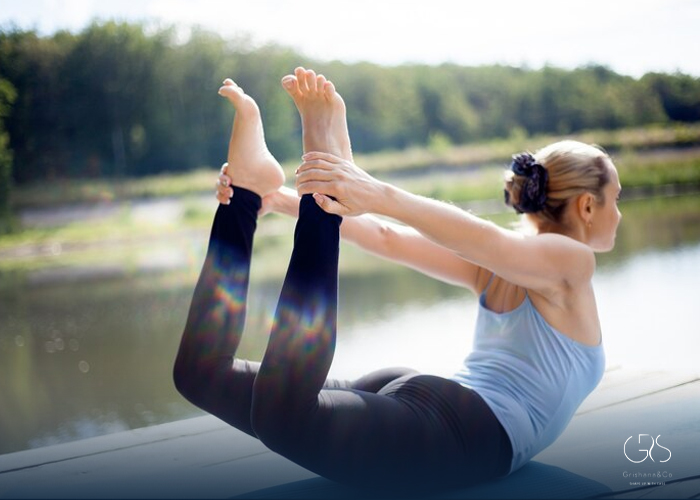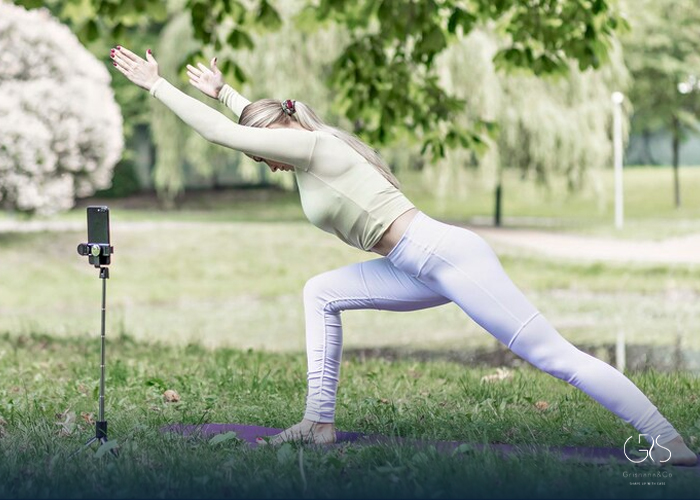Flexibility—the capacity to adapt and bend without breaking, both physically and mentally, is a quality that has long been associated with enhancing overall well-being. Recent research has uncovered an unexpected benefit of flexibility—it may play a significant role in extending one’s lifespan. Understanding the link between flexibility and longevity is key to promoting health and maximizing life expectancy.
Physical Flexibility and Health
Physical flexibility, commonly improved through practices like yoga and stretching exercises, has well-documented health benefits. Enhancing range of motion, reducing injury risks, and enhancing posture and balance are just a few of the advantages associated with physical flexibility. However, recent studies have revealed that physical flexibility may hold even more profound benefits for overall health.
Research has linked greater physical flexibility to a decreased risk of chronic diseases such as cardiovascular issues, diabetes, and arthritis. The body’s flexibility appears to be a reliable indicator of health and resilience against age-related conditions. Regularly engaging in flexibility exercises could help mitigate chronic disease risks and enhance the potential for a longer, healthier life.
(Please read more about leg mobility exercises. I suggest checking out my article for more information.)

Mental Flexibility and Longevity
In addition to physical flexibility, mental flexibility has emerged as a crucial factor in determining longevity. Mental flexibility refers to the ability to adapt to new situations, think creatively, and embrace change. Individuals who exhibit mental flexibility tend to experience lower levels of stress, anxiety, and depression—all of which can impact health and longevity.
As we navigate a rapidly evolving world where adaptability is essential, cultivating mental flexibility is increasingly valuable. Being open to new ideas, stepping out of comfort zones, and bouncing back from setbacks can lead to more fulfilling lives and potentially a longer lifespan. Mental flexibility not only strengthens cognitive function but also boosts emotional well-being, both of which are connected to longevity.

Embracing Flexibility for a Longer, Healthier Life
The relationship between flexibility and longevity offers a rich area for contemplation. From diverse cultural perspectives, traditions and practices emphasize the value of flexibility for harmony, balance, and longevity. For instance, Asian cultures like Japan and China promote flexibility in body and mind for overall health and well-being through practices such as Tai Chi and meditation.
While Western societies often emphasize productivity and rigidity, incorporating flexibility into daily routines can enhance overall health and life span. By engaging in activities that promote flexibility, such as yoga, meditation, or embracing change, individuals can contribute to a more vibrant and fulfilling life.
Assessing and Enhancing Flexibility
Assessing and improving flexibility, both physically and mentally, are essential steps towards maximizing the potential benefits highlighted in recent studies. Regularly evaluating physical flexibility through simple tests and incorporating stretching exercises into daily routines can lead to noticeable improvements in flexibility and overall health.
Similarly, assessing mental flexibility by reflecting on how one adapts to challenges and change can provide insights that resonate with longevity and well-being. Challenging assumptions, stepping out of comfort zones, and fostering adaptability through various activities can enhance mental flexibility and resilience.

Conclusion:
The research underscores the significance of flexibility in promoting longevity and overall well-being. By incorporating physical and mental flexibility into daily practices, individuals can fortify their health, reduce the risk of chronic diseases, and potentially extend their lifespan. Flexibility, as both a physical trait and a mindset, can empower individuals to navigate life’s challenges with grace and resilience, ultimately paving the way for a brighter and more vibrant future.
Sources
- Verywell Mind, Why Is Flexibility Important?
- Medical News Today, Can being more flexible help people live longer?










